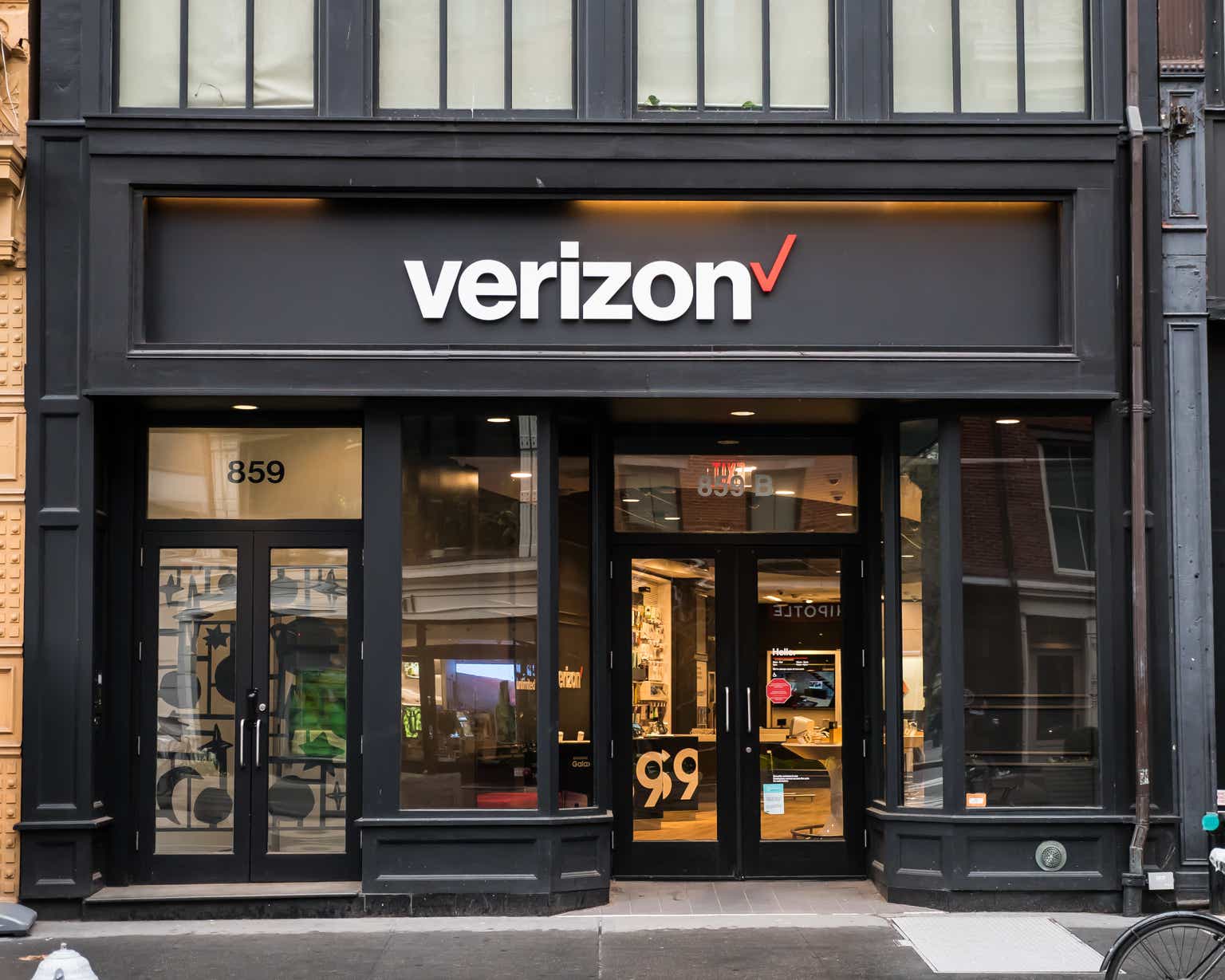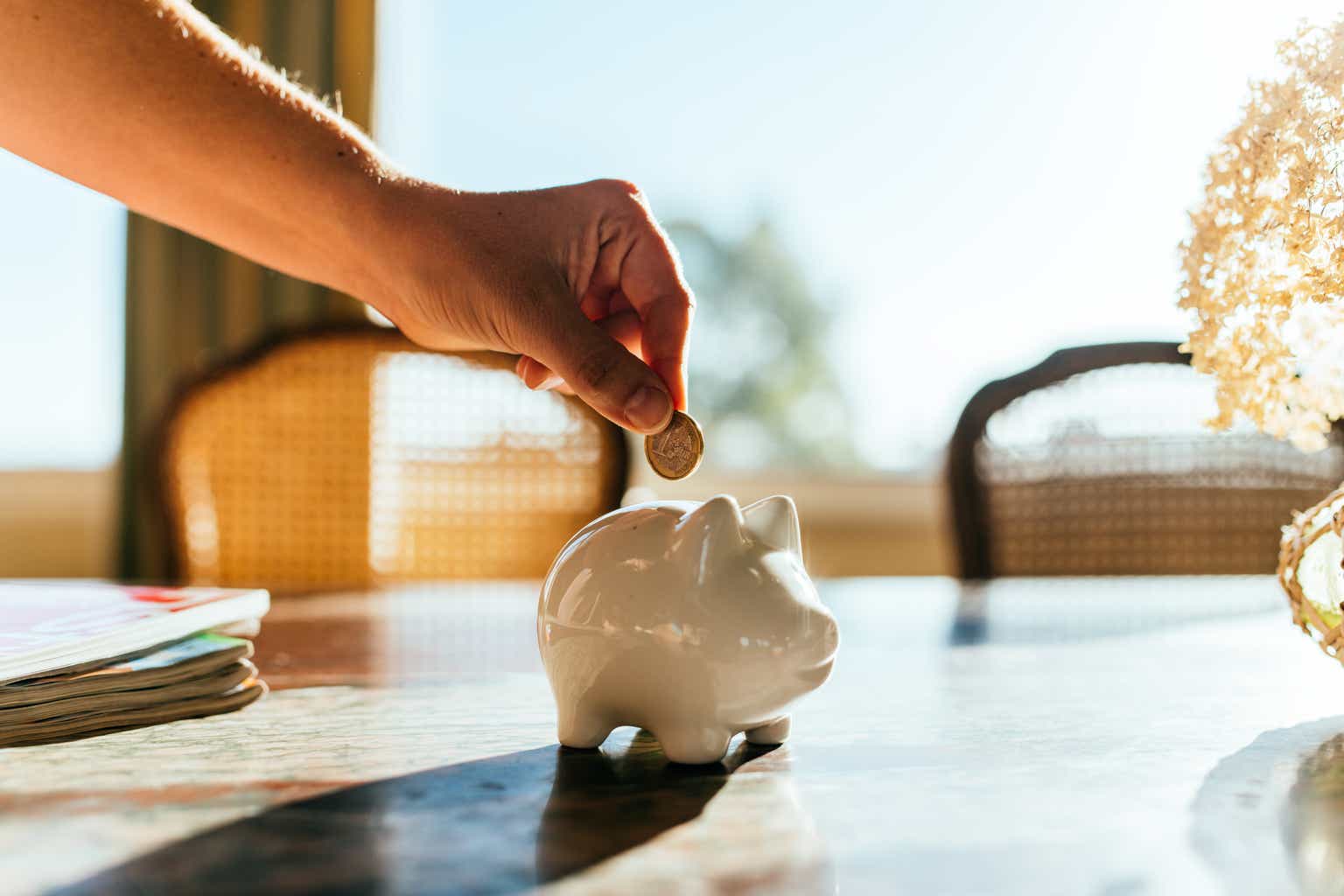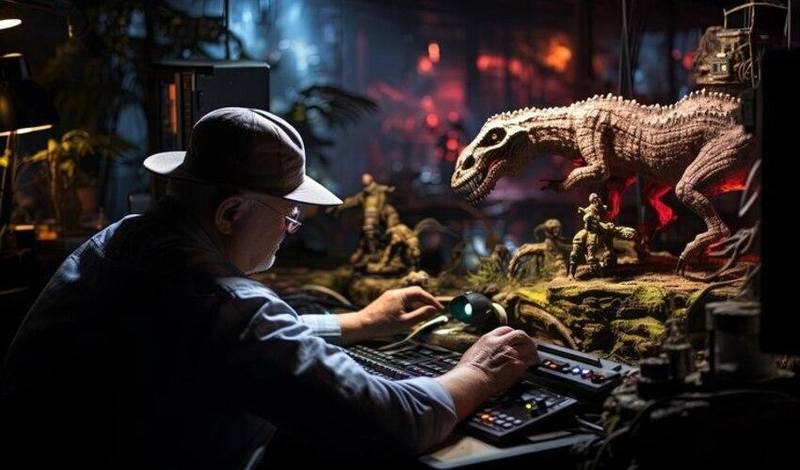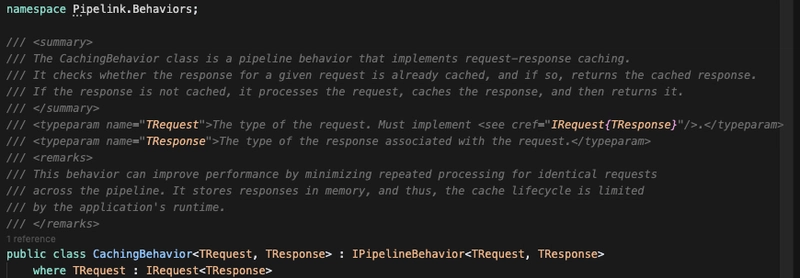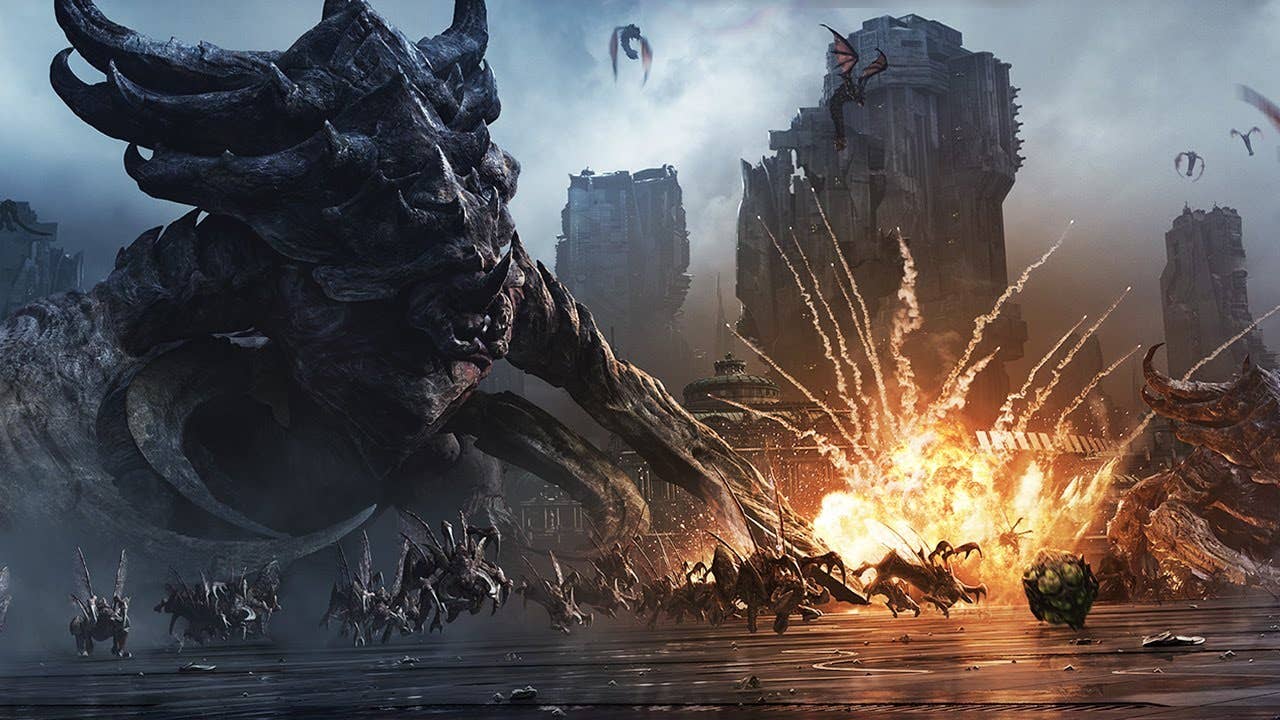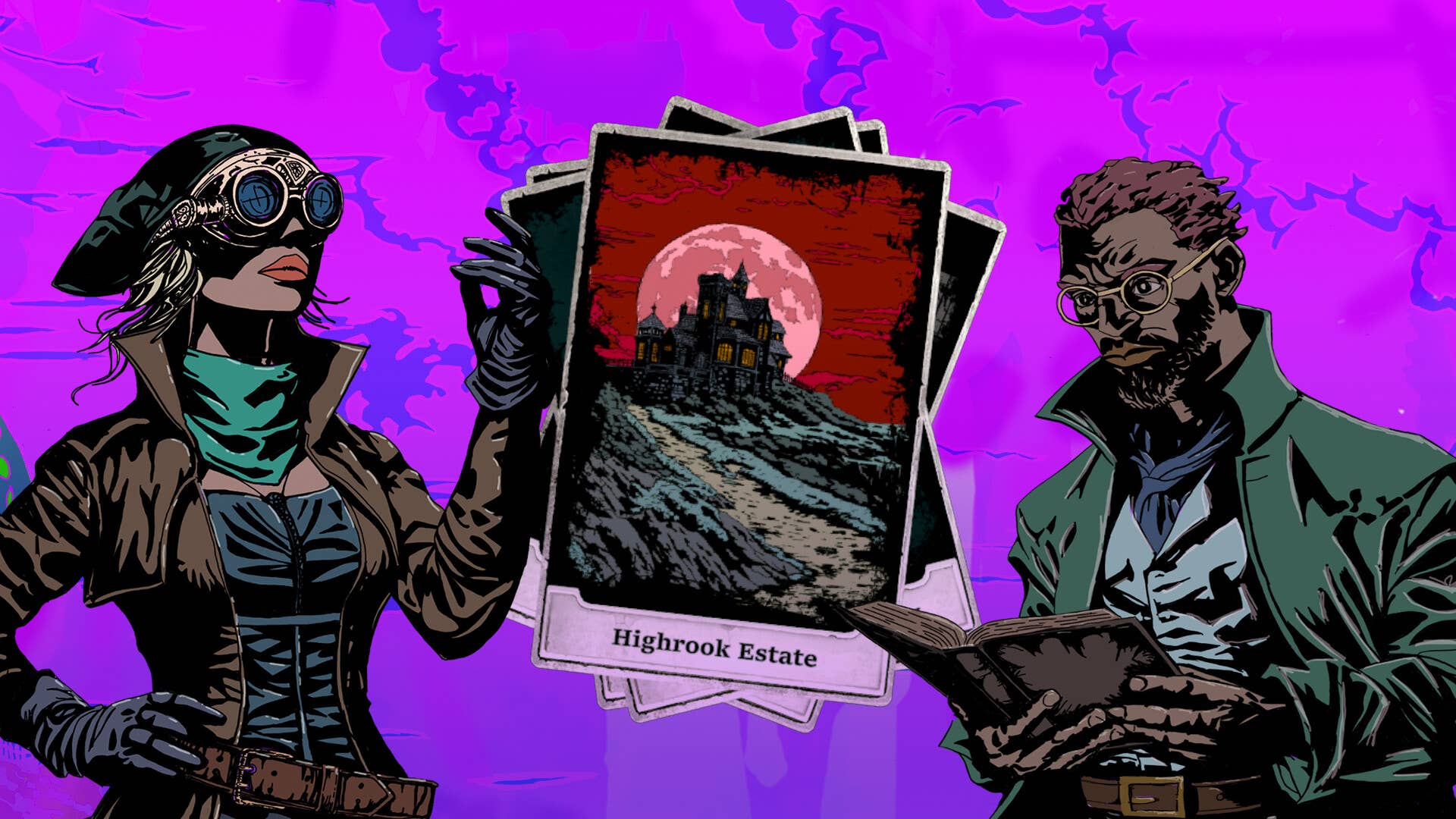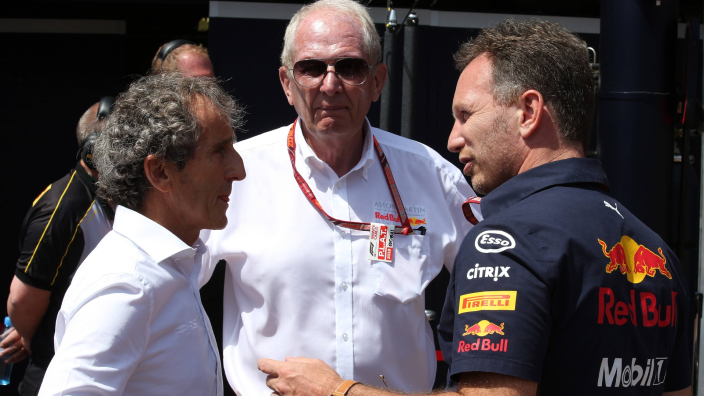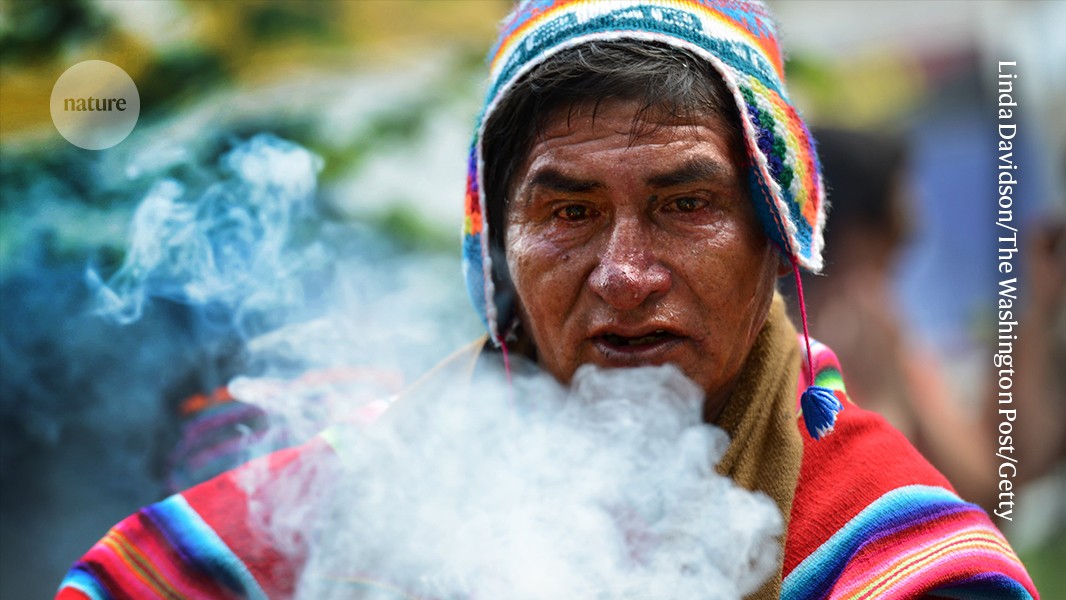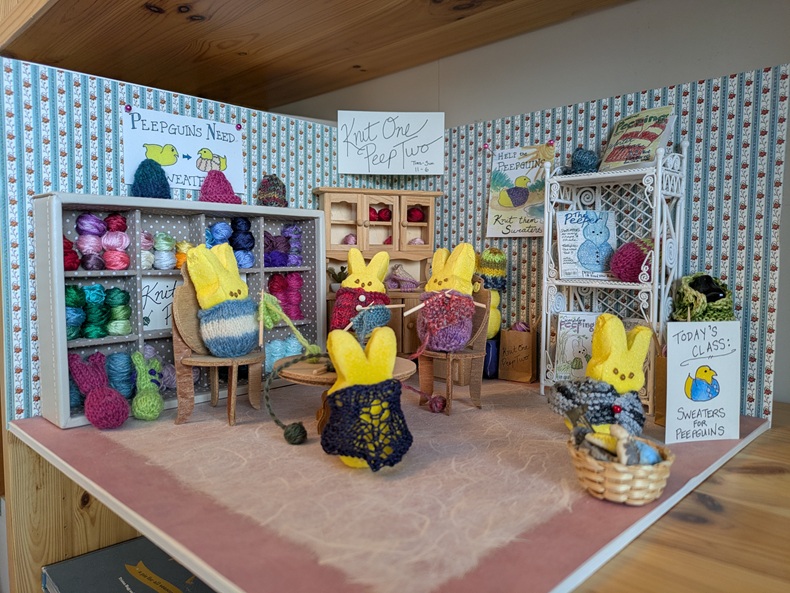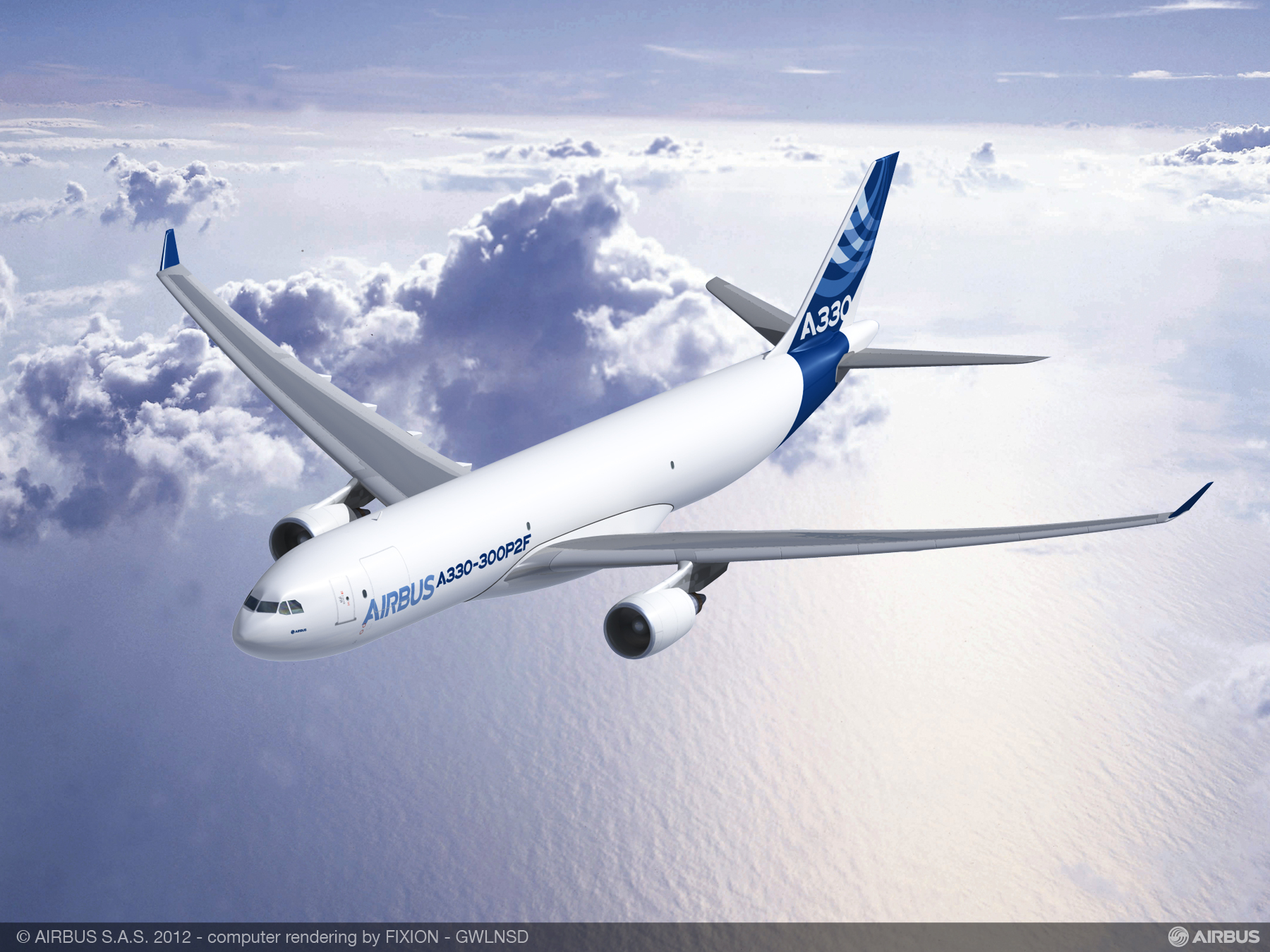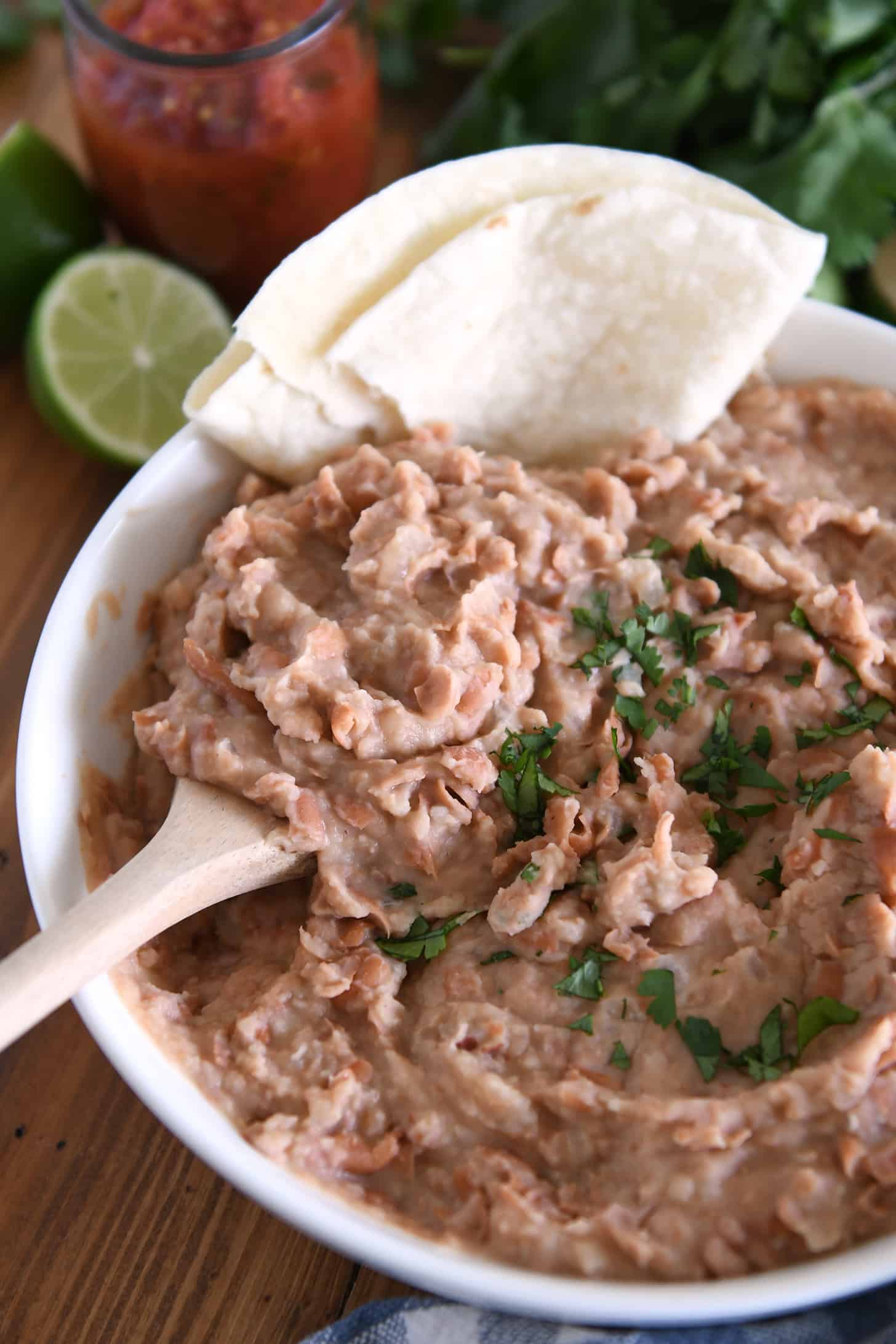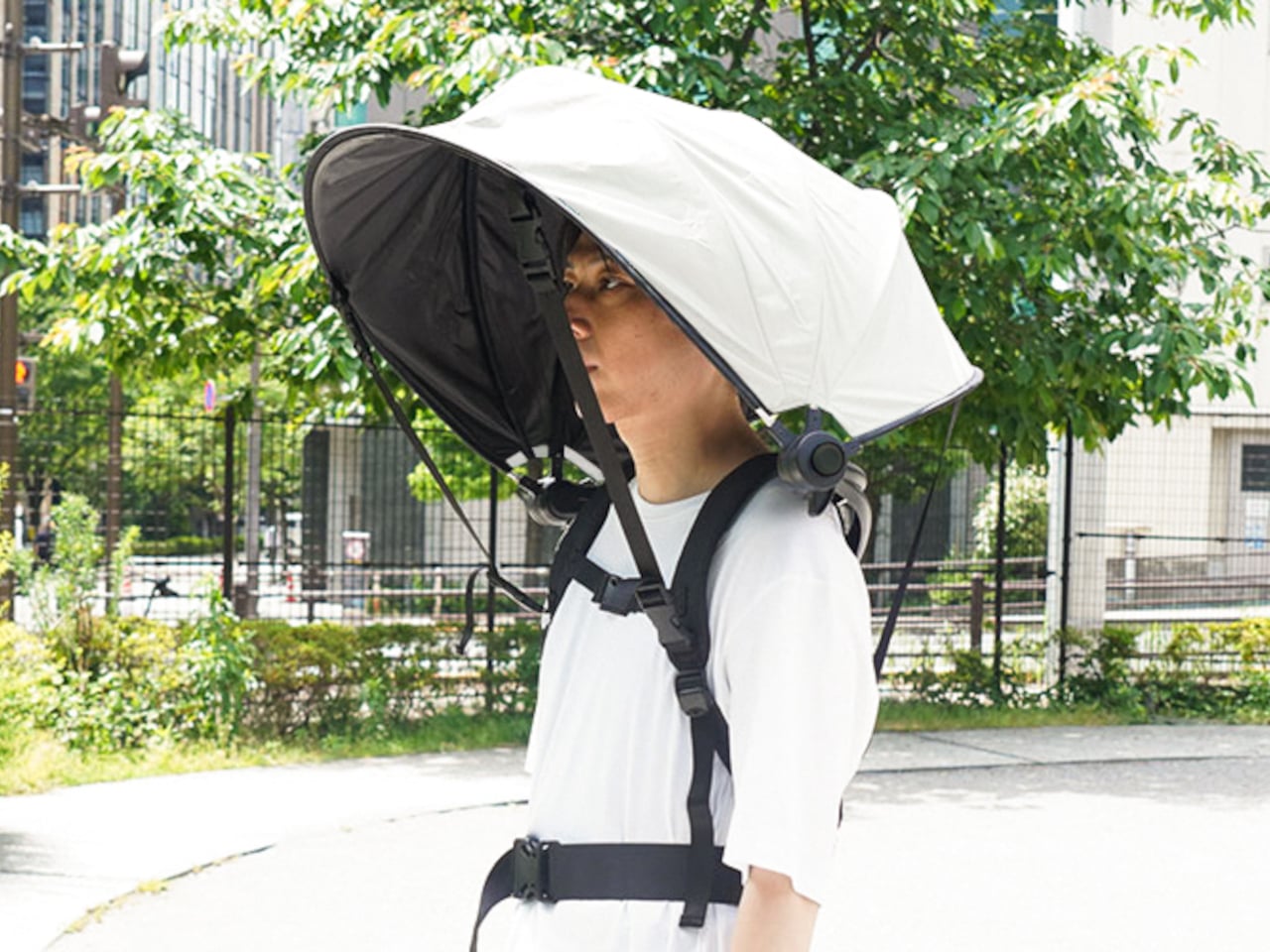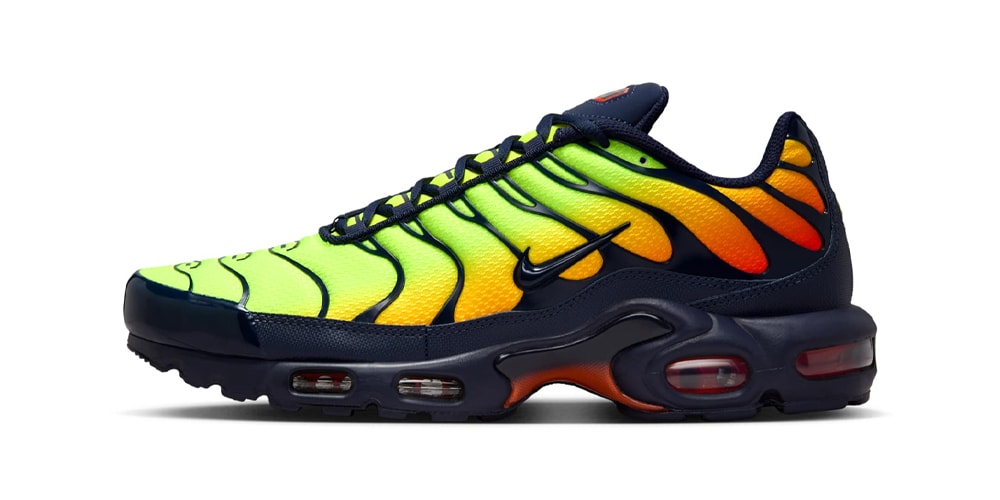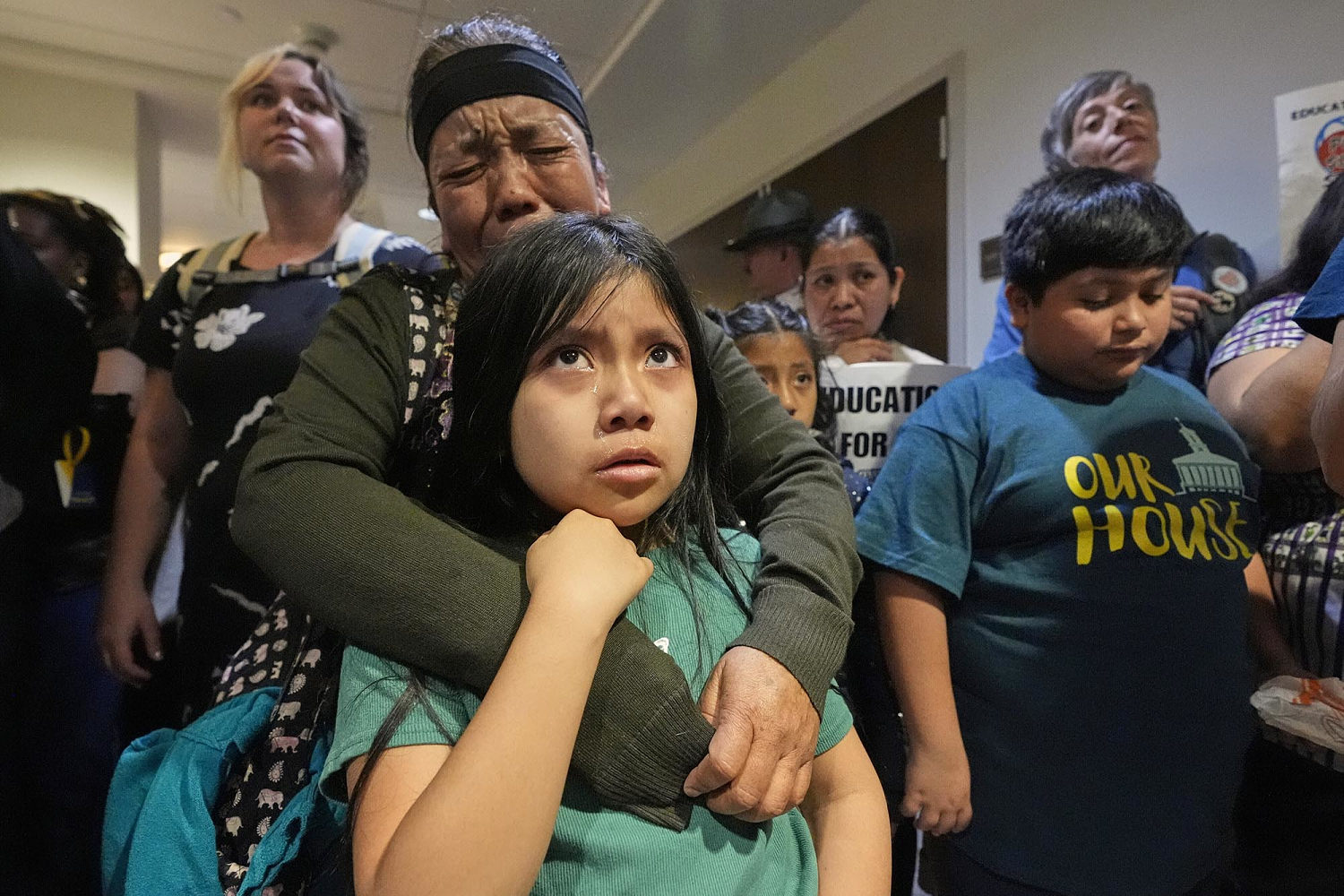A visit to Cuba reveals stasis, inequality and desperation
For Cubans here, times are difficult — sometimes desperate. The economy is a mess.

In the late 1990s, acclaimed Cuban mystery writer Leonardo Padura captured the poignant resignation of those who chose to stay on the island, enduring hardships following both the Cuban Revolution and the Soviet Union’s collapse.
Padura’s main character, Mario Conde, is a hard-boiled police detective who disdains ideology (despite majoring in “dialectical materialism” at university), observing in “Havana Red” that the city “still retains some of its magic, as if it had an invincible poetic spirit.”
Described as a noirish “tropical Marlowe,” Padura wrote about the “Special Period,” Fidel Castro’s name for the years after the dissolution of the Soviet Union. Russia had been a strong supporter of the regime, trading it underpriced oil for overpriced sugar.
This gritty angst that Padura described only increased after Russia cut support. For Cubans here, times are difficult — sometimes desperate. The economy is a mess.
“Life here is very, very hard,” one hears over and over. “La lucha,” the daily struggle for economic survival, obsesses average people.
Consider those who are not young or entrepreneurial or who lack access to family capital from Miami. For them, Cuba’s sputtering transition from command-socialism to a mixed-market economy invites a steady exodus. In 2022 alone, 250,000 Cubans (of 11.2 million residents) left the island.
Among those ill-equipped for the change is Padura’s police lieutenant, Conde. In the latest mystery, "The Transparency of Time," he is now retired from the force, wearily approaching 60 and trying to survive as a private investigator, “in a country whose newly cosmopolitan worship of money has made him more of a skeptic than ever,” in “a society so focused on regimenting ethical, political, and social behaviors.” Havana, the detective observes, “functioned as a mirror of a country whose foundation was also cracking, conquered by the weight of time, apathy, and a history of exhaustion.”
And yet, like most Cubans, he stays.
Fuel shortages and power outages are producing regular local and nationwide blackouts, including one recently during my fourth visit to Cuba since 1978. Food at state-operated supermarkets can be scarce. Rationing barely helps.
Island tourism — down 50 percent since 2017 — suffered from Covid’s unmerciful battering. Oceanside hotels, some brand new, are largely vacant.
Crumbling Old Havana buildings are neither preserved nor restored. Daytime tourists attract street peddlers, musicians and beggars, replaced at night with sex workers. Sections of the Contemporary Art Museum are roped off due to lack of staff.
Havana’s public transportation system barely exists. Many revolutionary-era billboards are fading. Class stratification and social inequality, both roughly along racial lines, have returned, despite the revolution’s goals. Since 2018, Cuba has even been forced to import sugar, long its signature national crop.
Some crime exists — muggings and burglaries — but rarely against foreign visitors. More troubling is widespread, low-level corruption. Less conspicuously, upper-level Communist Party cadres are quietly sacked for larger economic crimes.
To be fair, some fundamental revolutionary promises are honored. Education from grade school through university and medical care are still free. Infant mortality is low compared to other Caribbean and developing-world countries. Since my last visit in 2011, many high-rise apartments now have window air conditioning units.
Rent remains free, or nearly free. Counting urban squatters and shanty town dwellers, homelessness is virtually nonexistent. But as one Cuban observed, “the misery is inside the rooms.”
Yet a new candor also exists, thanks partly to social media, which has pierced the government’s information bubble. Cubans everywhere acknowledge bleak times.
They freely state their criticisms, requesting only anonymity. While acknowledging the U.S. embargo, which continues to constrict and damage, people from top to bottom frankly told me hard times require structural economic reform.
The economy stays afloat — if barely — thanks to foreign remittances and an incrementally growing private sector, referred locally as the “gray market,” so far concentrated in family-owned restaurants, boutique hotels and small shops. In travel-related services, some former government officials can exponentially multiply their income as tour guides.
But the state still resists change. One well-travelled, former high-ranking diplomat compared the current economic leadership’s tone-deaf response to the current crisis to Mad Magazine mascot Alfred E. Neuman: “What, me worry?”
So, with the Cuban people on the ropes, a question for U.S. policy makers: Why don’t you pick on somebody your own size?
For 65 years, successive American administrations have tried, to no avail, to overthrow Cuba’s Communist regime — through invasion, assassination attempts, an embargo and draconian sanctions.
Now facing a hostile Trump administration and Cuban American Secretary of State Marco Rubio, long hostile to the Havana regime, relations could further deteriorate.
Emigration, the pressure-cooker release valve, and governmental repression diminish the likelihood of domestic political upheaval. The Cuban people, indomitable, will survive, but they should be the ones to decide their form of government.
Successive U.S. administrations have supported and continue to liaise with far more repressive regimes. We even have cordial commercial and military relations with former enemy communist Vietnam, which now hosts what some have termed American sweat shops and where U.S. Navy ships often call.
As if to exacerbate Cuban-American relations, the Trump administration has plans to settle 30,000 refugees at the Guantanamo U.S. Naval base, at a cost of $40 million.
A current Washington rumor is that the Trump administration is about to cut off all U.S. travel to and from Cuba, including by Cuban Americans. Could my recent flight to the island be among the last?
U.S. cash remittances, amounting to just under $4 billion in 2024, would be banned, further crippling the economy. Already, the Trump administration has tightened visa restrictions on Cuban athletes, medical personnel and their families.
Still, change from within is possible. As another of mystery writer Padura’s characters observes, “This island’s historical mission is always to be starting afresh, to make a new beginning every thirty or forty years.”
Mark I. Pinsky is a Durham, N.C.-based journalist and author.






